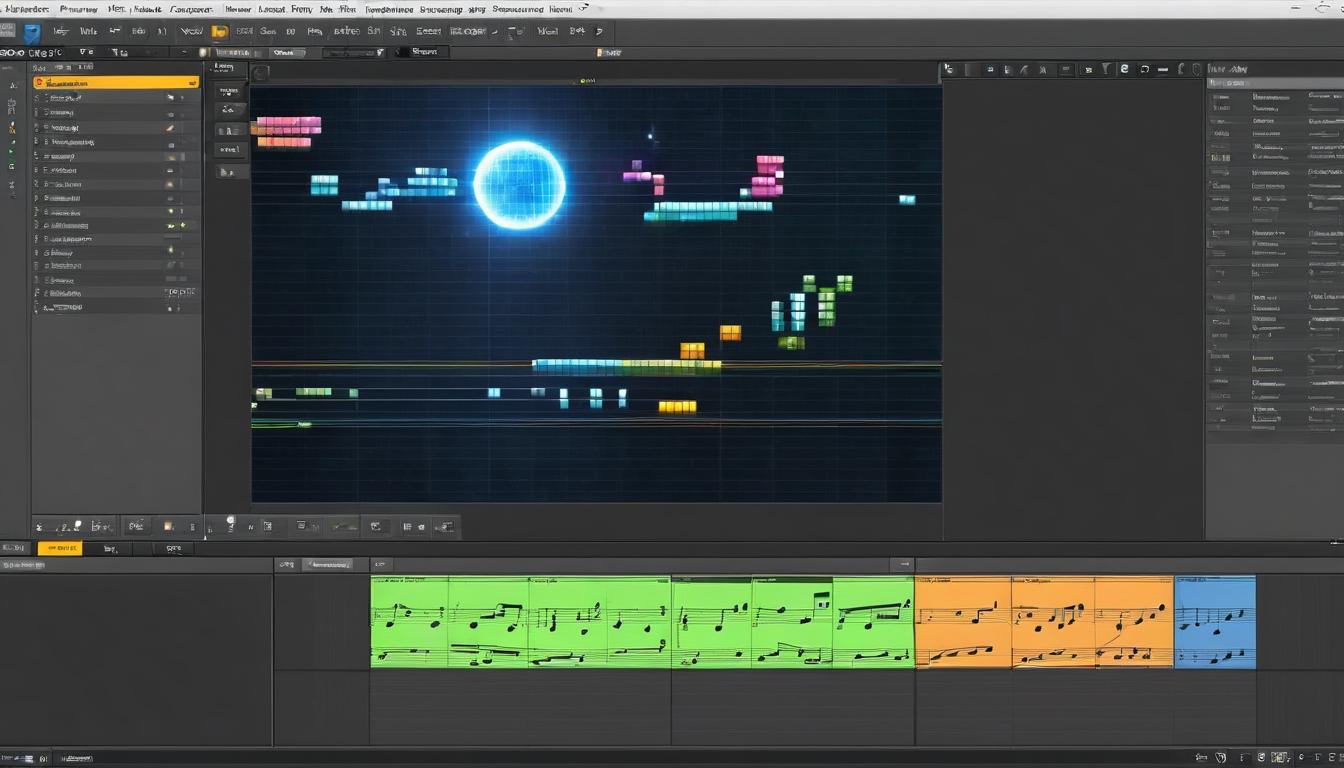While film music enthusiasts have long debated the merits of John Williams versus Hans Zimmer, a quiet revolution has been brewing in scoring studios across the globe. Video game composers, once relegated to the background of the entertainment industry, are now bringing innovative techniques and fresh perspectives to film scoring that challenge traditional Hollywood conventions.
The crossover between gaming and film music isn't new, but the depth of influence has reached critical mass. Composers like Austin Wintory (Journey), Sarah Schachner (Modern Warfare), and Gareth Coker (Ori series) have developed unique approaches to interactive scoring that are now being adapted for linear media. Their work demonstrates how player-driven narratives require more flexible compositional structures—techniques that are proving invaluable for films with complex emotional arcs.
Film studios are taking notice. When directors want scores that feel organic, responsive, and emotionally intelligent, they're increasingly looking to game composers who understand how to make music feel alive rather than simply accompanying action. The result is a new generation of film scores that breathe with the characters rather than simply telling audiences how to feel.
One of the most significant contributions from game scoring is the concept of vertical layering. Unlike traditional film scoring where music follows a linear path, game composers create multiple layers of instrumentation that can be dynamically added or removed based on gameplay. This technique has found its way into films like Dune and Blade Runner 2049, where composers created palettes of sound that could evolve organically with the narrative.
The psychological impact of interactive music cannot be overstated. Game composers have spent decades studying how music affects player behavior and emotional response in real-time. This research is now informing how film composers approach scenes requiring subtle emotional manipulation. The data gathered from millions of gameplay hours provides insights that simply weren't available to traditional film composers.
Technology has been the great enabler of this crossover. Advanced middleware and scoring platforms originally developed for games are now being used in film scoring sessions. Tools that allow for seamless transitions between musical states, dynamic mixing, and real-time orchestration are becoming standard in both industries, blurring the technical lines between interactive and linear scoring.
The economic realities are also driving this convergence. Game soundtracks have become massive revenue generators, with albums regularly charting alongside traditional film scores. This commercial success has given game composers leverage and recognition that simply didn't exist a decade ago. They're no longer seen as 'second-class' composers but as innovators pushing the entire industry forward.
Some of the most interesting work is happening in the indie space. Small game developers often take bigger risks with their scores, leading to innovative approaches that eventually filter up to big-budget films. The intimacy of indie game development allows composers to experiment with unconventional instruments, recording techniques, and compositional structures that would be deemed too risky for major studio films.
The future of this crossover looks even more promising. With virtual reality films and interactive streaming content becoming more prevalent, the line between passive viewing and active participation will continue to blur. Composers who understand both worlds will be uniquely positioned to create the next generation of iconic scores.
What's particularly exciting is how this exchange benefits both industries. Film composers are learning to think more interactively, while game composers are adopting the narrative discipline of traditional scoring. The result is a richer musical landscape that serves stories better, regardless of the medium.
As audiences become more sophisticated in their musical tastes, they're demanding scores that do more than simply underscore action. They want music that feels integral to the storytelling—something game composers have mastered through necessity. This cultural shift is elevating the entire art form of scoring, creating new opportunities for innovation and artistic expression.
The next time you watch a film and feel particularly immersed in its emotional world, you might be experiencing the subtle influence of game scoring techniques. The revolution isn't coming—it's already here, and it's making both films and games better for it.
The unsung heroes: how video game composers are redefining film scoring

